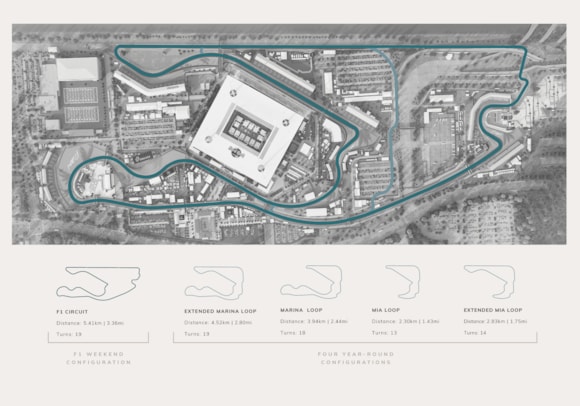Accidents on the road can be stressful and confusing, especially when you’re involved in a collision with a vehicle that pulled out in front of you. Naturally, you may wonder who’s at fault and what steps you should take. Understanding your legal rights and responsibilities can help ease the situation. In cases like this, you may also have questions about how to seek compensation for the damages caused by a car accident. Below, we’ll explore some common questions people have when they hit a car that pulled out in front of them.
1. Who Is at Fault?
One of the first questions most people have is about fault. Typically, if another driver pulls out in front of you and causes a collision, they are considered at fault. The reason for this is that drivers have a legal responsibility to make sure the road is clear before pulling out from a side street or driveway. Failing to do so puts other drivers at risk.
However, fault is not always straightforward. There may be contributing factors that affect the determination of responsibility. For example, if you were speeding or not paying attention at the time of the accident, you could be found partially at fault. In some cases, both drivers may share responsibility under the concept of “comparative negligence.” Each state handles fault differently, so it’s important to understand the laws where the accident occurred.
2. What Should I Do Immediately After the Accident?
After any accident, your safety and the safety of others should be your top priorities. Here are the steps you should take right after the collision:
- Check for injuries and call 911 if anyone needs medical attention.
- Move your car to a safe location, if possible, to avoid further accidents.
- Call the police and file a report. Even if the accident seems minor, having a police report is important for any insurance claims or legal actions.
- Exchange information with the other driver, including insurance details and contact information.
- Take pictures of the accident scene, damage to both vehicles, and any visible injuries.
These steps not only help protect your safety but also provide critical documentation for future legal or insurance proceedings.
3. Will My Insurance Cover the Damages?
In most cases, your insurance company will cover the damages if you have collision coverage. Collision insurance typically pays for repairs to your car, regardless of who is at fault. However, if the other driver is found to be at fault, their insurance should cover your damages under their liability coverage.
If the other driver does not have insurance or if their coverage is insufficient, your uninsured/underinsured motorist coverage may come into play. It’s always best to contact your insurance provider as soon as possible after the accident to begin the claims process.
4. What if I’m Partially at Fault?
As mentioned earlier, there are instances where both drivers share fault. For example, if the other driver pulled out in front of you, but you were driving above the speed limit, you could be partially responsible for the accident. In states that follow comparative negligence laws, your compensation might be reduced by your percentage of fault.
For example, if you are found to be 20% at fault for the accident, and the total damages amount to $10,000, you would only be entitled to 80% of that amount, or $8,000. Understanding how fault is determined in your state is crucial when pursuing a claim.
5. Should I Contact a Lawyer?
It’s often a good idea to contact a lawyer, especially if the accident resulted in significant injuries, disputes over fault, or complex insurance issues. A lawyer can help you navigate the legal process, negotiate with insurance companies, and ensure that you receive fair compensation for your injuries and damages. They can also guide you through the process of filing a lawsuit if necessary.
Additionally, if you are partially at fault, a lawyer can work to minimize your liability and maximize your compensation. Seeking legal advice can provide peace of mind, knowing that you have a professional advocating on your behalf.
6. What Compensation Can I Recover?
If the other driver is found at fault, you may be entitled to compensation for various types of damages. These can include:
- Medical bills: Covering the costs of any medical treatment related to the accident.
- Vehicle repairs: The cost to repair or replace your vehicle.
- Lost wages: Compensation for time missed at work due to the accident.
- Pain and suffering: Depending on the severity of the accident, you may be entitled to compensation for emotional distress.
Your compensation will depend on the specifics of your case, including the extent of your injuries and the damages to your vehicle.
Conclusion
Accidents where a car pulls out in front of you can raise many questions about fault, insurance coverage, and compensation. Knowing what to do after the accident, understanding how fault is determined, and being aware of your legal options are crucial steps in protecting your rights. If you’re unsure of how to proceed, contacting an attorney can help ensure that you get the compensation you deserve for the damages in a car accident.







